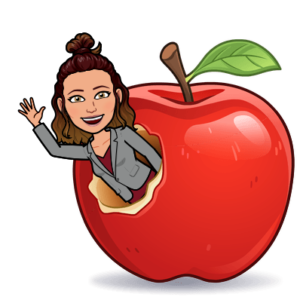If you’re reading this right now, congratulations, you have some form of digital literacy to navigate the internet and find this webpage. Now prepare for my cheesy quote: “With Digital Literacy, comes great responsibility.” No seriously… how many times have you seen arguments on Facebook over something that could have been avoided if people minded their own business? How many times have you heard gossip about a certain post on Instagram? Digital Citizenship is the ability to know and control healthy boundaries when it comes to technology, the internet and social media. Imagine a world where everyone was a supreme example of a Digital Citizen… yeah I cannot either. But why is it important that we share this message to our youth? Technology can make or break a future and here’s how:
Employers. When applying for a job, sending out a resume or going for an interview, keep in mind your employer has probably gone on your social media pages to view you. We are judged on our profile photos, cover photos, posts, memes and well, basically everything. You might want to make sure that whatever you have on your social media is something you’re proud of, stand for and want to exert to any future public you may work for or with. For instance; my Facebook account is semi- private, I control which pictures are public and which only my friends can view. I am proud of my Facebook and any content on it I would have no shame in my employer or grandmother viewing.
Students: Hey teachers, yes, I’m talking to you. Do you want your students seeing your Friday night plans? That’s rhetorical- you do not. To maintain a student- teacher relationship, keeping your private life well… private, it pretty crucial to the success of your career. Speaking of Digital Citizenship, a lot of our students do not have it yet, but their digital literacy skills are far superior to ours. So if you want an inappropriate photoshopped photo of yourself leaked to the internet, give your student free reign to view your photos on your social media, otherwise; privacy settings are your best friend. On a positive note: you can use these examples to show students how to positively enhance their Digital Citizen skills by demonstrating them yourself. Again, on my Facebook due to my privacy settings, if students choose to creep my profile (and you better believe they do) I also have no shame in what is available for them to see. And again, between my personal belief in Digital Citizenship- my students are not my friends on Facebook. If they remember their crazy teacher at 18 years old, sweet we can be “friends.” Until then; I am not your friend, I am your teacher.
The Public: As teachers, especially those of us in a small town, we must be responsible of what is available for view on our social media and how we use it. It is one thing to have a clean Facebook page, but you better also have a clean trail. If you think you’re anonymous commenting on general websites- you’re not. As teachers we are held to a higher standard to uphold our professionalism in and out of schools (not fair, I know, but it’s what we signed up for.) Do yourself a favour, and don’t comment on the newest post from some random who is voting for Trump. Walk away, delete them, remove them from your feed and take the higher road to your redeeming Digital Citizen qualities. Anything negative you post on the internet, webpages, social media etc, can come back to haunt you, but you know what won’t? Positive comments. No teacher has ever been negatively affected from posting positive feeds, so if you really feel the need to comment on random posts (for instance, this amazing blog), you can always say nice things. Again, we must practice what we preach, and if we want to walk the walk while we talk the talk with our students, then let’s set positive examples of the type of Digital Citizens we hope them to be.
Safety: Last but not least, the internet is not a 100% safe place for anyone. Personal information should remain private. Not having your credit card information saved on numerous sites or your banking information saved might be a good start to not having your identity stolen. We also have to be careful of what can come back to you. Do you know how to set a secure password or protect details like address, phone numbers and email? Have you made your students aware of these safety skills of becoming a Digital Citizen? What about who and where you share information to? Pictures? I am not even referring to just promiscuous photos, (let’s not go there) I am referring to photos that may include others who have not given you consent to photograph them. What about photos that may have license plates, or street signs that can be traced back to you with facial recognition? Remember; everything can be traced. We also need to set an example and make our students aware of this. Making sure personal information and pictures
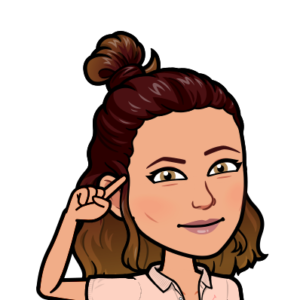 stay private is key to staying out of trouble. Sadly, you don’t know who you can trust, and the last thing that anyone wants is for private information of any kind to be leaked to the public. On a lighter note: you know what photos you can send though to anyone you want? Memes, inspiring quotes, reminder schedules, jokes etc. Just be careful of your copyrights at that point if you’re putting them up publicly anywhere.
stay private is key to staying out of trouble. Sadly, you don’t know who you can trust, and the last thing that anyone wants is for private information of any kind to be leaked to the public. On a lighter note: you know what photos you can send though to anyone you want? Memes, inspiring quotes, reminder schedules, jokes etc. Just be careful of your copyrights at that point if you’re putting them up publicly anywhere.
I think the most cliché saying we hear, but need to abide by is; “Would your grandmother approve of reading/seeing this?” Now, my grandmother doesn’t approve of much so I suppose I’m lucky there, but seriously, the next time you go to comment, post or login, take a second to think about what kind of Digital Citizen you are, and the kind you want to be. Think about what is going to keep you safe, and teach your students to be safe. Digital Citizenship is for everyone; this is why we care.
Teacher Rae; Over and Out.
Cited Sources:
What is digital citizenship? (2019, February 4). #DigCitUtah
Zook, C. (n.d.). What is digital citizenship & how do you teach it? Digital Curriculum for CTE & Elective Teachers | AES. https://www.aeseducation.com/blog/what-is-digital-citizenship
What your students really need to know about digital citizenship. (2014, October 24). Edutopia. https://www.edutopia.org/blog/digital-citizenship-need-to-know-vicki-davis

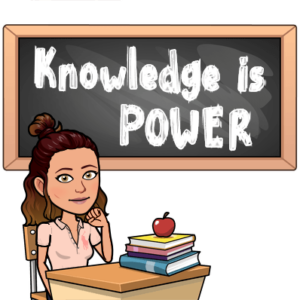 I was pleased that we were able to discuss very relevant topics
I was pleased that we were able to discuss very relevant topics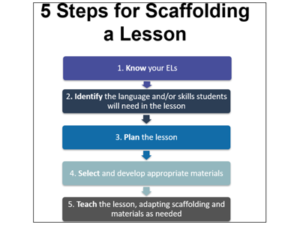
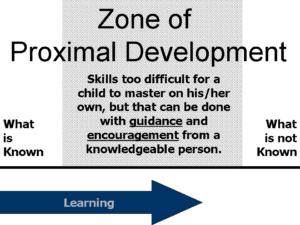
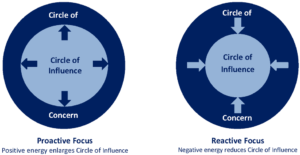
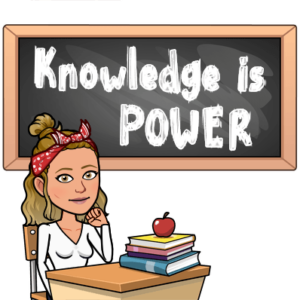

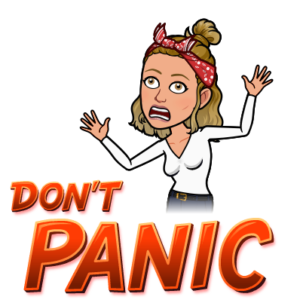
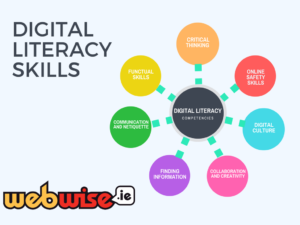 , a collaborative teaching environment enriched through creative integration of technology tools [takes learning beyond the traditional norms of the classroom]” (Heitin, 2016) allows our learners to grow and expand their knowledge in a way that is relevant to the times. One of the pros that really caught my attention when reading from the B.C. Government website was that digital literacy forces us to “use critical thinking skills to plan and conduct research, manage projects, solve problems, and make informed decisions using appropriate digital tools and resources.” (Digital Literacy., 2020.) The reasons behind this significance is even as adults we are constantly having to analyze the data and sources that are presented to us over social media or over the internet, and many times we have to sift out what is truly relevant and accurate to our research, teachings and materials. Many of the digital tools presented to us also comes with the responsibility to use content that of which we own wisely; so why would we not want our future adults to learn these same skills when completing their learnings, research and studies throughout their education?
, a collaborative teaching environment enriched through creative integration of technology tools [takes learning beyond the traditional norms of the classroom]” (Heitin, 2016) allows our learners to grow and expand their knowledge in a way that is relevant to the times. One of the pros that really caught my attention when reading from the B.C. Government website was that digital literacy forces us to “use critical thinking skills to plan and conduct research, manage projects, solve problems, and make informed decisions using appropriate digital tools and resources.” (Digital Literacy., 2020.) The reasons behind this significance is even as adults we are constantly having to analyze the data and sources that are presented to us over social media or over the internet, and many times we have to sift out what is truly relevant and accurate to our research, teachings and materials. Many of the digital tools presented to us also comes with the responsibility to use content that of which we own wisely; so why would we not want our future adults to learn these same skills when completing their learnings, research and studies throughout their education?